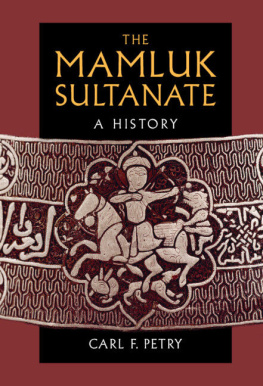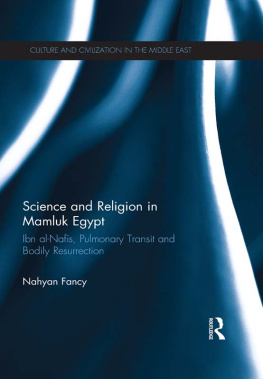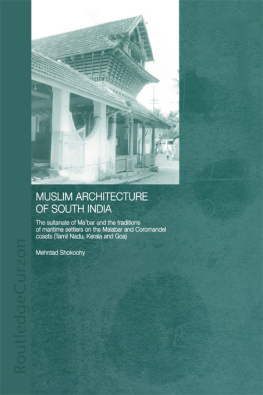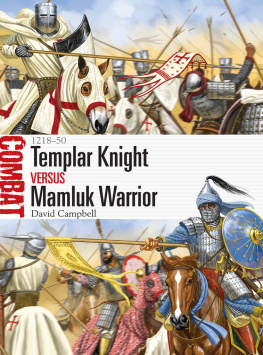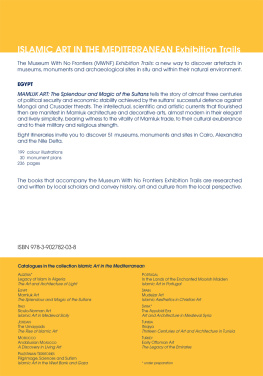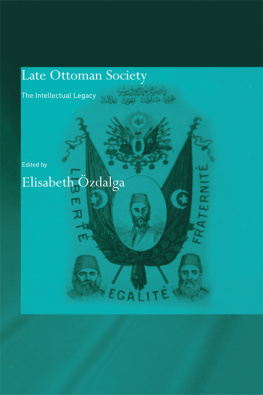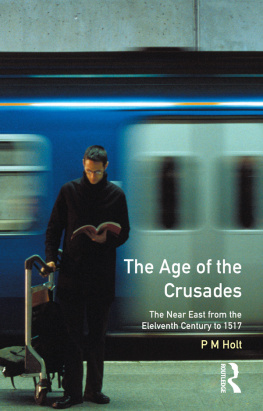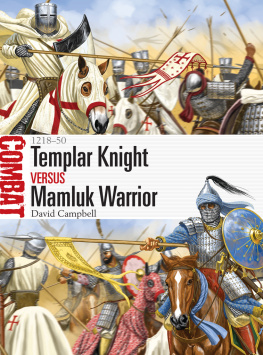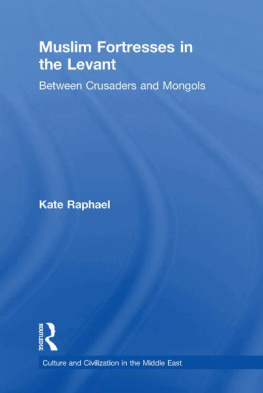The Mamluk Sultanate ruled Egypt, Syria, and the Arabian hinterland along the Red Sea. Lasting from the deposition of the Ayyubid dynasty (c. 1250) to the Ottoman conquest of Egypt in 1517, this regime of slave-soldiers incorporated many of the political structures and cultural traditions of its Fatimid and Ayyubid predecessors. Yet, its system of governance and centralization of authority represented radical departures from the hierarchies of power that predated it. Providing a rich and comprehensive survey of events from the Sultanates founding to the Ottoman occupation, this interdisciplinary book explores the Sultanates identity and heritage after the Mongol conquests, the expedience of conspiratorial politics, and the close symbiosis of the military elite and civil bureaucracy. Carl F. Petry also considers the statecraft, foreign policy, economy, and cultural legacy of the Sultanate, and its interaction with polities throughout the central Islamic world and beyond. In doing so, Petry reveals how the Mamluk Sultanate can be regarded as a significant experiment in the history of state-building within the premodern Islamic world.
Carl F. Petry is the Hamad Ibn Khalifa Al Thani Professor of Middle East Studies and Professor of History at Northwestern University. He is the author of The Civilian Elite of Cairo in the Later Middle Ages (1982), Twilight of Majesty: The Reigns of al-Ashraf Qaytbay and Qansuh al-Ghawri in Egypt (1993), Protectors or Praetorians? The Last Mamluk Sultans and Egypt's Waning as a Great Power (1994), and The Criminal Underworld in a Medieval Islamic Society: Narratives from Cairo and Damascus under the Mamluks (2012), and is the editor of The Cambridge History of Egypt: Islamic Egypt, 6401517 (1998). His research has been supported by the J. S. Guggenheim Foundation, the Institute for Advanced Study, the American Research Center in Egypt, and the American Council of Learned Societies.
Carl F. Petry
University Printing House, Cambridge CB2 8BS, United Kingdom
One Liberty Plaza, 20th Floor, New York, NY 10006, USA
477 Williamstown Road, Port Melbourne, VIC 3207, Australia
314321, 3rd Floor, Plot 3, Splendor Forum, Jasola District Centre, New Delhi 110025, India
103 Penang Road, #05-06/07, Visioncrest Commercial, Singapore 238467
Cambridge University Press is part of the University of Cambridge.
It furthers the Universitys mission by disseminating knowledge in the pursuit of education, learning, and research at the highest international levels of excellence.
www.cambridge.org
Information on this title: www.cambridge.org/9781108471046
DOI: 10.1017/9781108557382
Carl F. Petry 2022
This publication is in copyright. Subject to statutory exception and to the provisions of relevant collective licensing agreements, no reproduction of any part may take place without the written permission of Cambridge University Press.
First published 2022
A catalogue record for this publication is available from the British Library.
Library of Congress Cataloging-in-Publication Data
Names: Petry, Carl F., 1943- author.
Title: The Mamluk Sultanate : a history / Carl F. Petry, Northwestern University, Illinois.
Description: Cambridge, United Kingdom ; New York, NY : Cambridge University Press, 2022. | Includes bibliographical references and index.
Identifiers: LCCN 2021050093 (print) | LCCN 2021050094 (ebook) | ISBN 9781108471046 (hardback) | ISBN 9781108456999 (paperback) | ISBN 9781108557382 (epub)
Subjects: LCSH: Mamelukes--History. | Egypt--History--1250-1517. | Islamic Empire.
Classification: LCC DT96 .P48 2022 (print) | LCC DT96 (ebook) | DDC 962/.02--dc23/eng/20220107
LC record available at https://lccn.loc.gov/2021050093
LC ebook record available at https://lccn.loc.gov/2021050094
ISBN 978-1-108-47104-6 Hardback
ISBN 978-1-108-45699-9 Paperback
Cambridge University Press has no responsibility for the persistence or accuracy of URLs for external or third-party internet websites referred to in this publication and does not guarantee that any content on such websites is, or will remain, accurate or appropriate.
To Bruce D. Craig
Steadfast Khushdash and
Advocate for Mamluk Studies
Contents
Figures
Maps
Maps
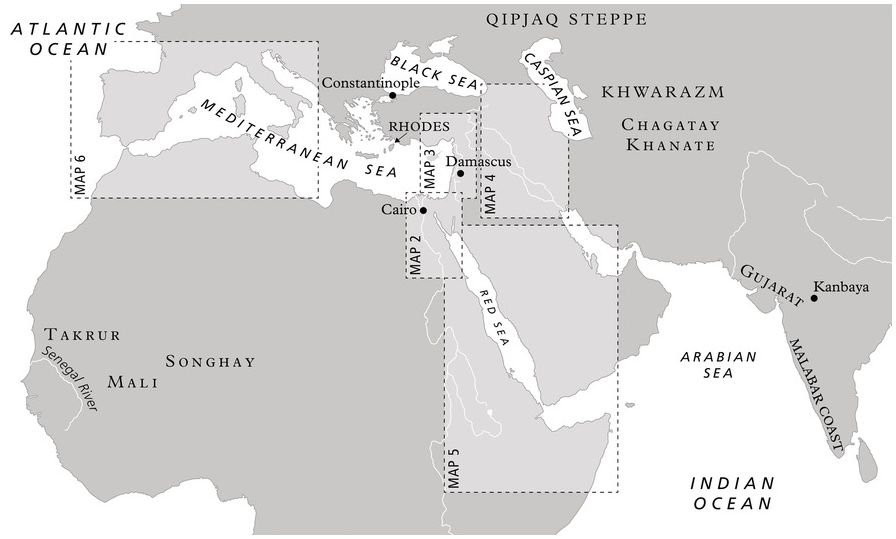
Africa, Eurasia

Egypt, Nile Valley
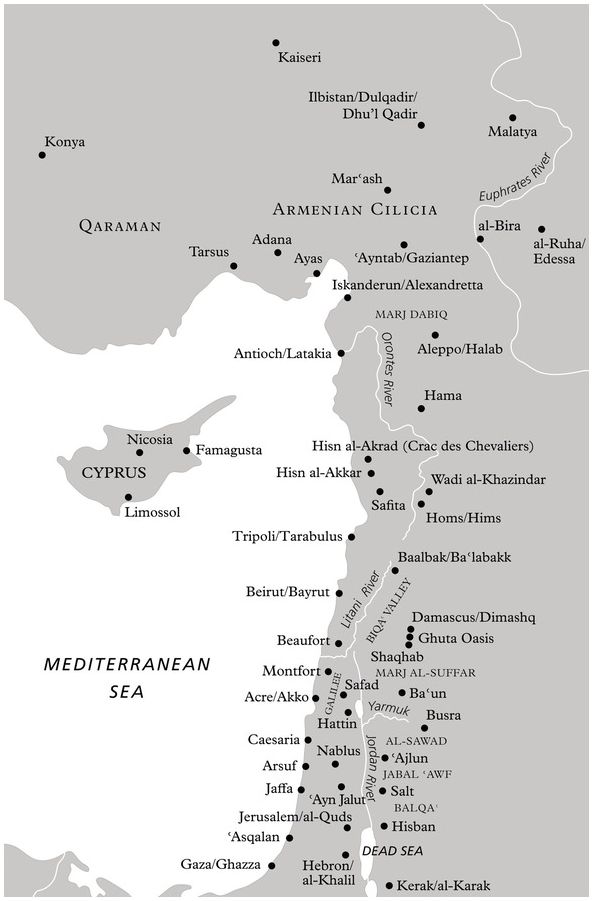
Syria, Eastern Anatolia, Cyprus
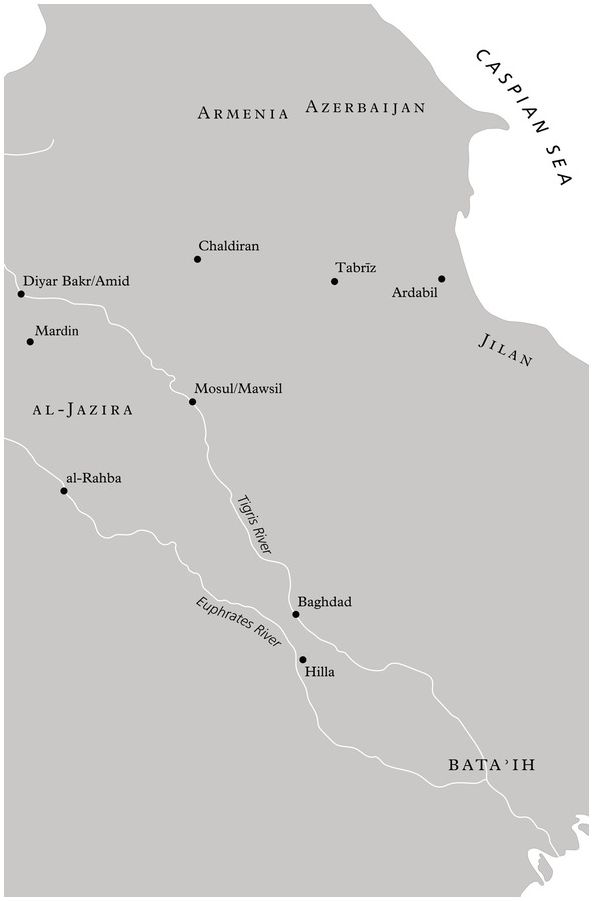
Iraq, Western Iran
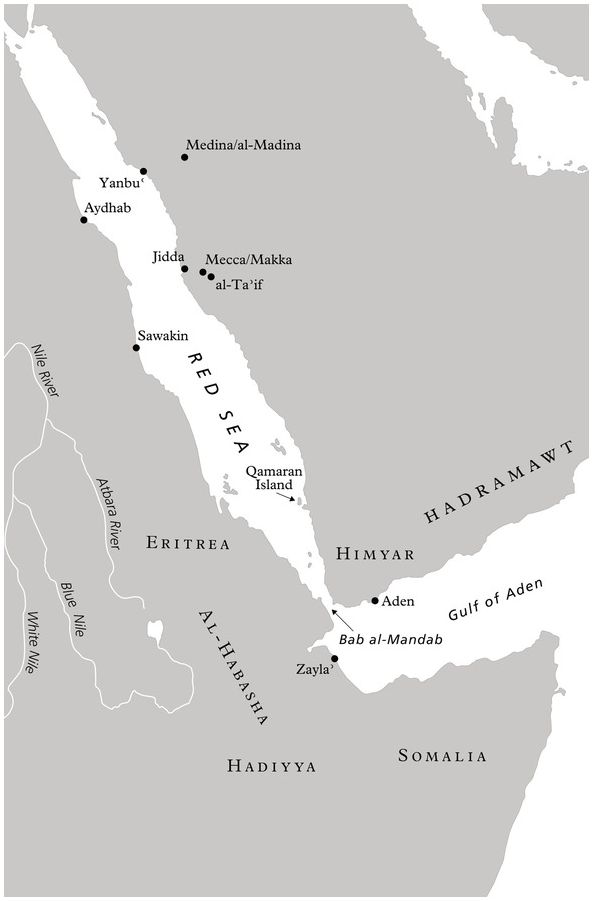
Arabian Peninsula, Northeast Africa
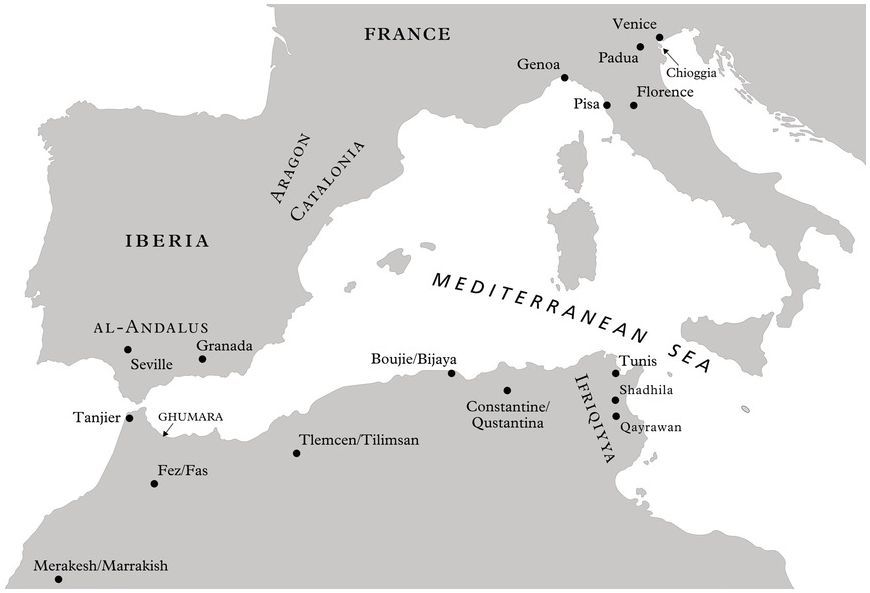
North Africa (Maghrib), Mediterranean Europe
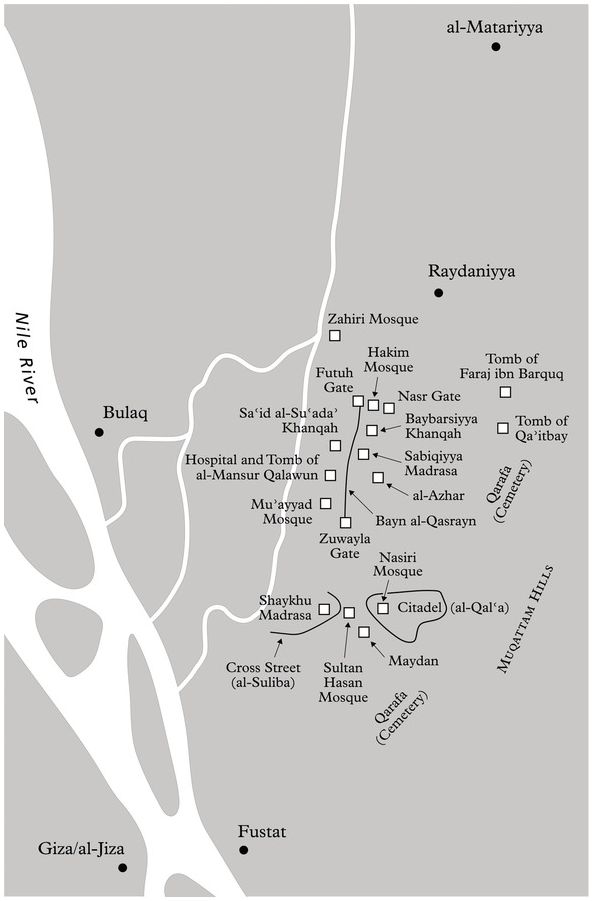
Cairo and environs
Introduction
In 784H/1382CE, North African historian and political philosopher Ibn Khaldun (d. 808/1406) arrived in Alexandria, Egypts Mediterranean port, ostensibly on his way to pilgrimage in Mecca but in fact as a refugee from political controversy in the Maghrib. ). While the Muqaddima overshadows the Kitb al-ibar in contemporary scholarship, Ibn Khaldun expressed in the latter his esteem for the regime that, ironically, would grant him sanctuary years later:
When the [Abbasid] state was drowned in decadence and luxury and donned the garments of calamity and impotence and was overthrown by the heathen Tatars [the Mongols], who abolished the seat of the Caliphate and obliterated the splendor of the lands, and made unbelief prevail in place of belief, because the people of the faith, sunk in self-indulgence, preoccupied with pleasure and abandoned to luxury, had become deficient in energy and reluctant to rally in their defense, and had stripped off the skin of courage and the emblem of manhood then it was Gods benevolence that He rescued the faith by reviving its dying breath and restoring the unity of the Muslims in the Egyptian realms ( al-diyr al-Miriyya ), preserving the order and defending the walls of Islam. He did this by sending to the Muslims, from this Turkish nation ( al-ifat al-turkiyya ) and from among its great and numerous tribes, rulers to defend them and totally loyal helpers. They were brought from the House of War to the House of Islam under the rule of slavery ( riqq ), which hides in itself a divine blessing. By means of bondage they learn glory and blessing and are exposed to divine providence; cured by slavery, they enter the Muslim religion with the firm resolve of true believers and yet with nomadic virtues ( akhlq badawiyya ) unsullied by debased nature, unadulterated with the filth of pleasure, undefiled by the ways of civilized living, and with their ardor unbroken by the profusion of luxury. The slave merchants bring them to Egypt in batches, like sand-grouse to the watering places ( al-qaan nawa al-mawrid ), and

